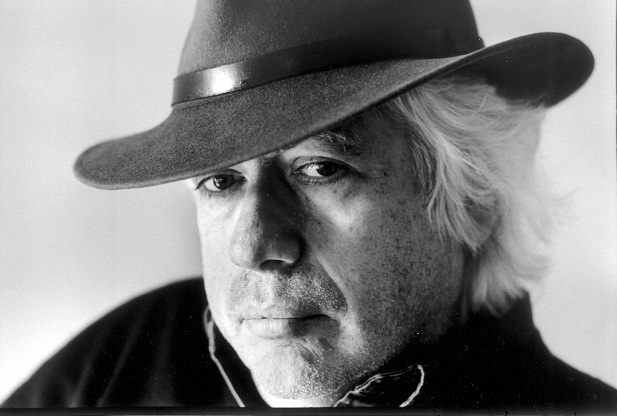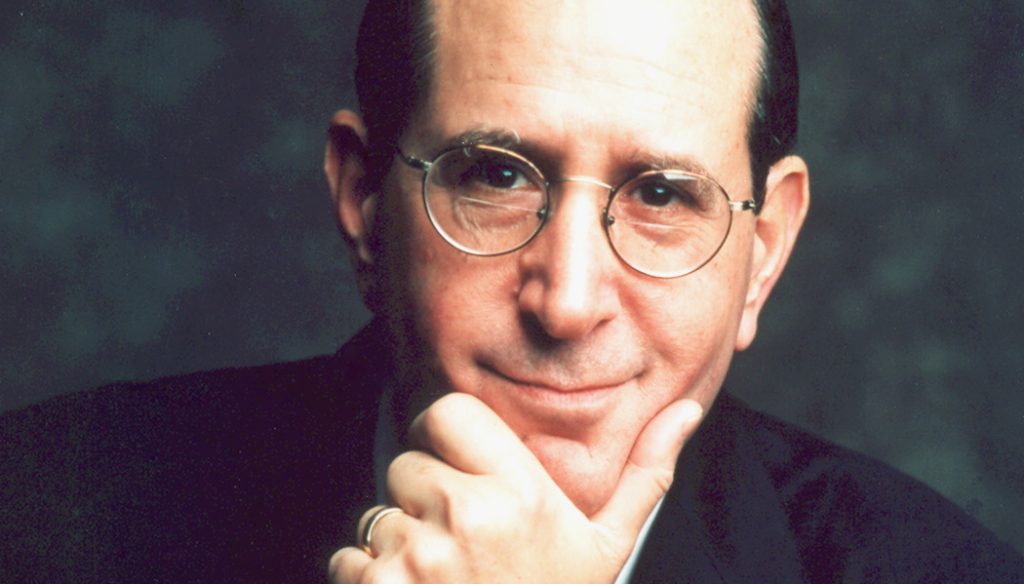Leon Wieseltier

Leon Wieseltier
Present: Ideas, Public Intellectuals and Contemporary Philosophers
Noted American intellectual and philosopher and former Literary Editor of The New Republic, a foremost writer and thinker who confronts and engages with the central issues of our times.
Leon Wieseltier was educated at Columbia and Oxford, where he studied with Isaiah Berlin; he later did advanced work on Jewish history and thought at Harvard. In 1979 he became a member of Harvard’s Society of Fellows – an institution created to push back against the excessive specialization of the academy. In 1983 he was appointed to the position he held until 2014 – Literary Editor of The New Republic.
Wieseltier’s career as a writer began early, with scholarly articles, essays and reviews contributed to the Times Literary Supplement and the New York Review of Books. For more than thirty years, he produced a body of prose with astonishing frequency and equally astonishing intellectual and stylistic consistency. Everything he writes is characterized by a combination of learning, precision and passionate, eloquent language that makes his work immediately recognizable and gives it a distinctive power.
As a thinker and writer, Wieseltier has always confronted central public issues, exploring their historical and moral backgrounds with a learning that no other American intellectual can muster – using this learning to urge concrete, practical measures. He has written books of great originality on nuclear war; on the prevalence of identity as a central category in contemporary moral and social thought; and on death in the Jewish tradition.
Wieseltier has taken distinctive positions, often defying both the official consensus and the views of right-thinking intellectuals. Throughout his career, he has defended the liberal tradition without being blind to the weaknesses and inconsistencies of many contemporary liberals. Wieseltier has always shown a unique ability to adopt and defend complex viewpoints without abandoning his belief in the possibilities of direct political and military action.
Remarkably, Wieseltier’s career as a thinker and writer has coincided with a second, equally distinctive career as an editor. The New Republic, founded in 1914, is a long-established liberal magazine, whose back pages have consistently printed the most searching and original criticism of fiction, poetry, history and philosophy to appear in any American periodical. The publication has offered a start to generations of young writers.
Under Wieseltier, the back of the The New Republic has played as vital a role in American culture as at any time in the magazine’s history. Wieseltier developed an extraordinary group of contributors. He offered all of them the chance to write, at length and for a large, mixed public, on serious works of scholarship and demanding works of literature. He edited all of them with the passion for detail and the willingness to criticize anyone, however famous, that make a great editor.


